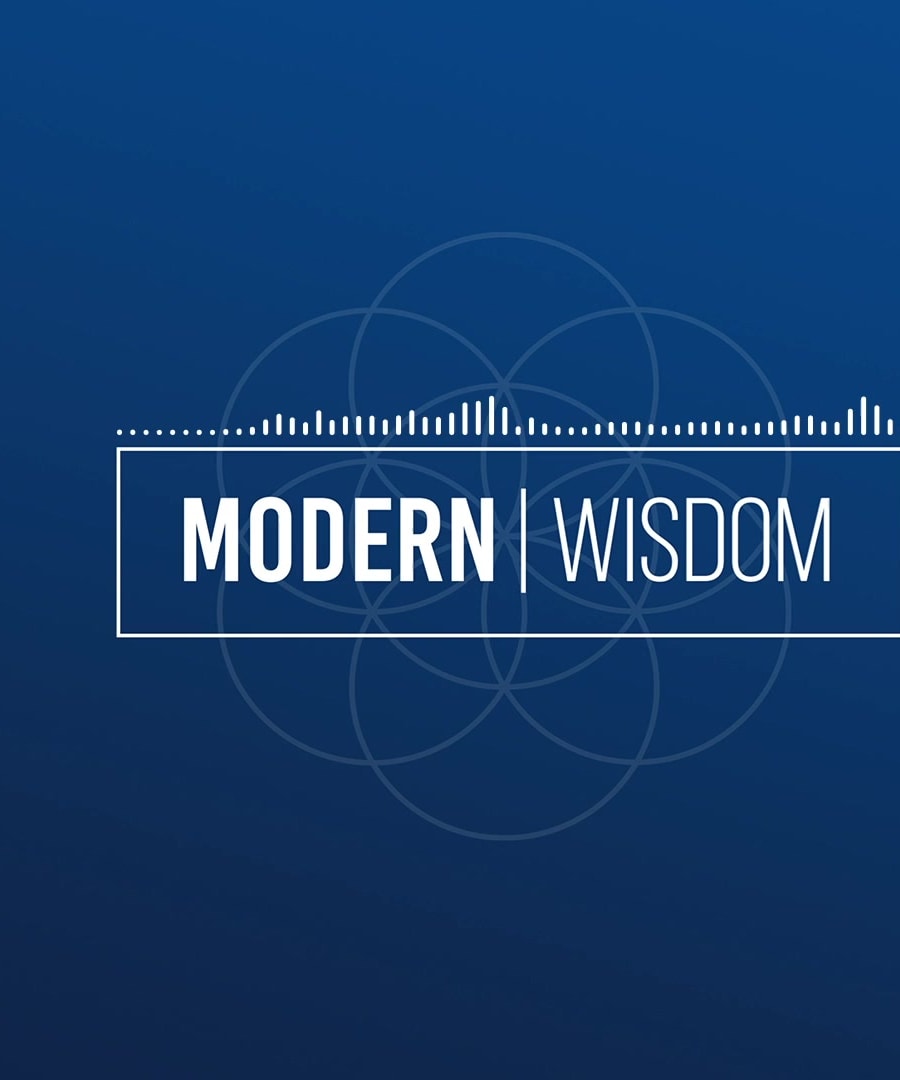Hidden Motives
Sources:
Uncovering hidden motives can reveal much about human behavior. Here are some insights from experts on the topic:
-
Jennifer Senior and Dan Harris discuss the opaque nature of human motivations, emphasizing that our true motives can be elusive and often hidden even from ourselves. This aligns with how people process events like grief differently, with motivations deeply buried and personal 1.
-
Robin Hanson explains that people often don't recognize their motives, especially in areas they hold sacred, like art, religion, and politics. He suggests focusing on others’ behaviors to reveal these hidden motives more clearly 2. Cognitive biases make it challenging for individuals to acknowledge self-related hidden motives 3.
-
Nonverbal Communication: Hanson highlights that body language often reveals true intentions as it's harder to fake compared to verbal statements. This disconnect often allows people to ignore or downplay the significance of body language in interactions 4.
-
The Press Secretary Analogy: Hanson uses this to illustrate that our conscious mind often acts like a press secretary, justifying decisions made by deeper, less conscious parts of our brain. This metaphor helps understand the separation between our actions and the stories we tell ourselves about those actions 5.
-
Ken Sheldon speaks about self-concordance, where aligning our conscious goals with our deeper, often unconscious preferences leads to greater happiness and fulfillment. External pressures can prevent us from recognizing these deeper signals, highlighting the importance of self-awareness in understanding our true motivations 6.
These perspectives offer valuable insights into how hidden motives shape our actions and decisions in complex and often unrecognized ways.
RELATED QUESTIONS-


